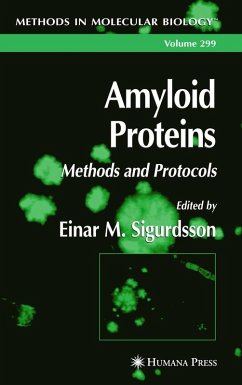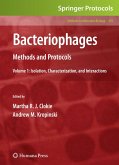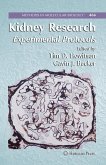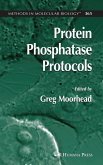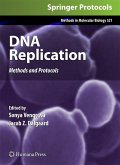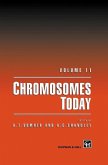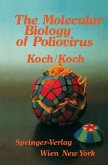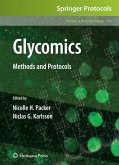In recent years, various in vitro and in vivo techniques, transgenic technologies, and novel animal models have been developed to understand amyloid diseases-such as Alzheimer's disease and some forms of diabetes-and to screen for drugs that can block amyloid formation and/or disassemble its associated fibrils. In Amyloid Proteins: Methods and Protocols, internationally known researchers describe in step-by-step detail their best techniques for studying these types of proteins and their involvement in the etiology, pathogenesis, diagnosis, and therapy of amyloid diseases. The contributors provide proven methods for the preparation of amyloid and its precursors (oligomers and protofibrils), in vitro assays and analytical techniques for their study, and cell culture models and assays for the production of amyloid proteins. Additional chapters present readily reproducible techniques for amyloid extraction from tissue, its detection in vitro and in vivo, as well as nontransgenic methods for developing amyloid mouse models. The protocols follow the successful Methods in Molecular Biology(TM) series format, each offering step-by-step laboratory instructions, an introduction outlining the principle behind the technique, lists of the necessary equipment and reagents, and tips on troubleshooting and avoiding known pitfalls. Authoritative and highly practical, Amyloid Proteins: Methods and Protocols offers both skilled and novice investigators a proven collection of standard and novel techniques for studying amyloid proteins and peptides, as well as their relation to amyloid diseases.
Dieser Download kann aus rechtlichen Gründen nur mit Rechnungsadresse in A, B, BG, CY, CZ, D, DK, EW, E, FIN, F, GR, HR, H, IRL, I, LT, L, LR, M, NL, PL, P, R, S, SLO, SK ausgeliefert werden.

